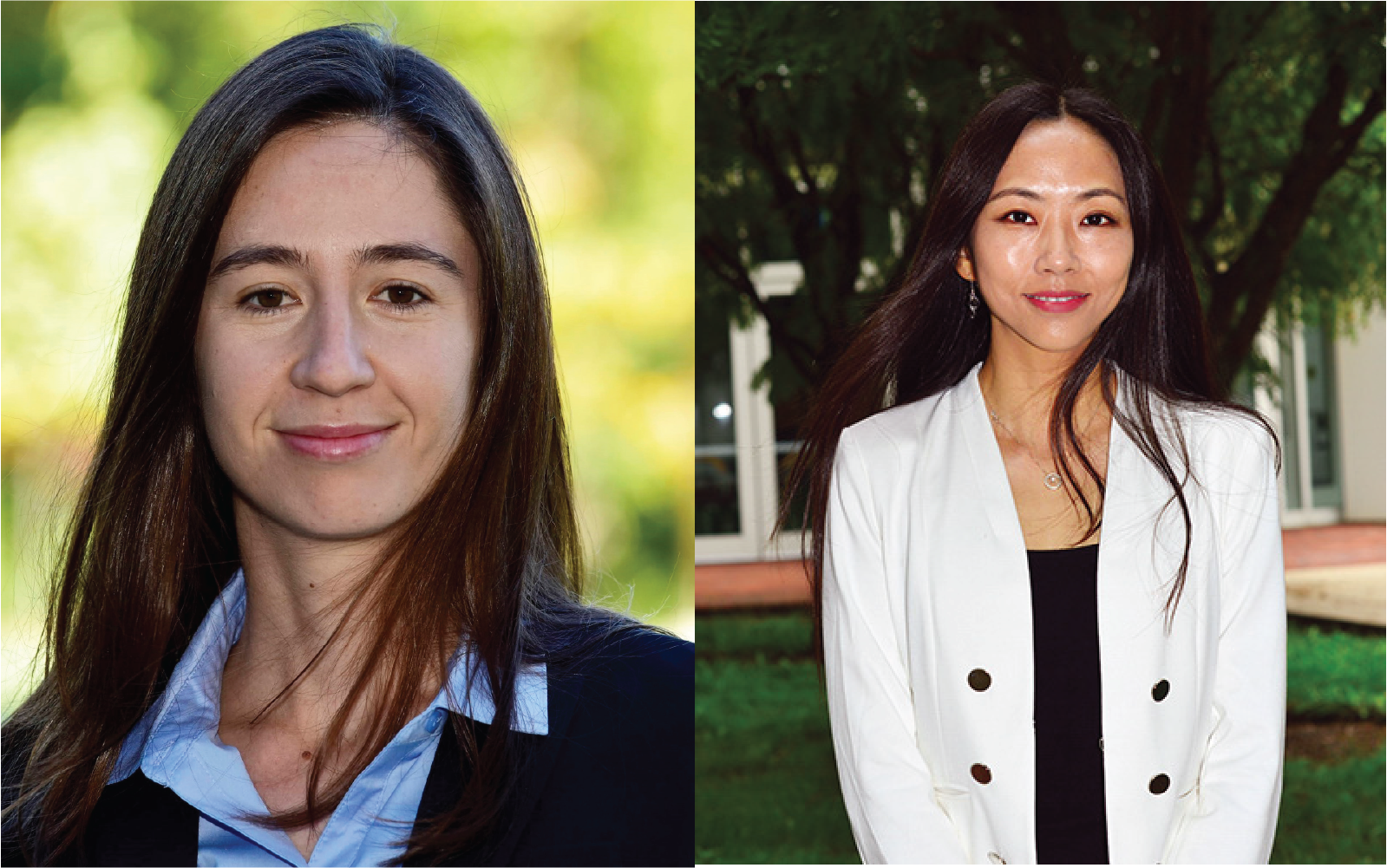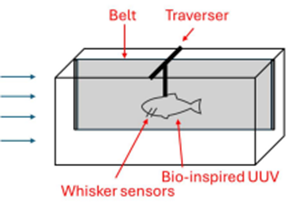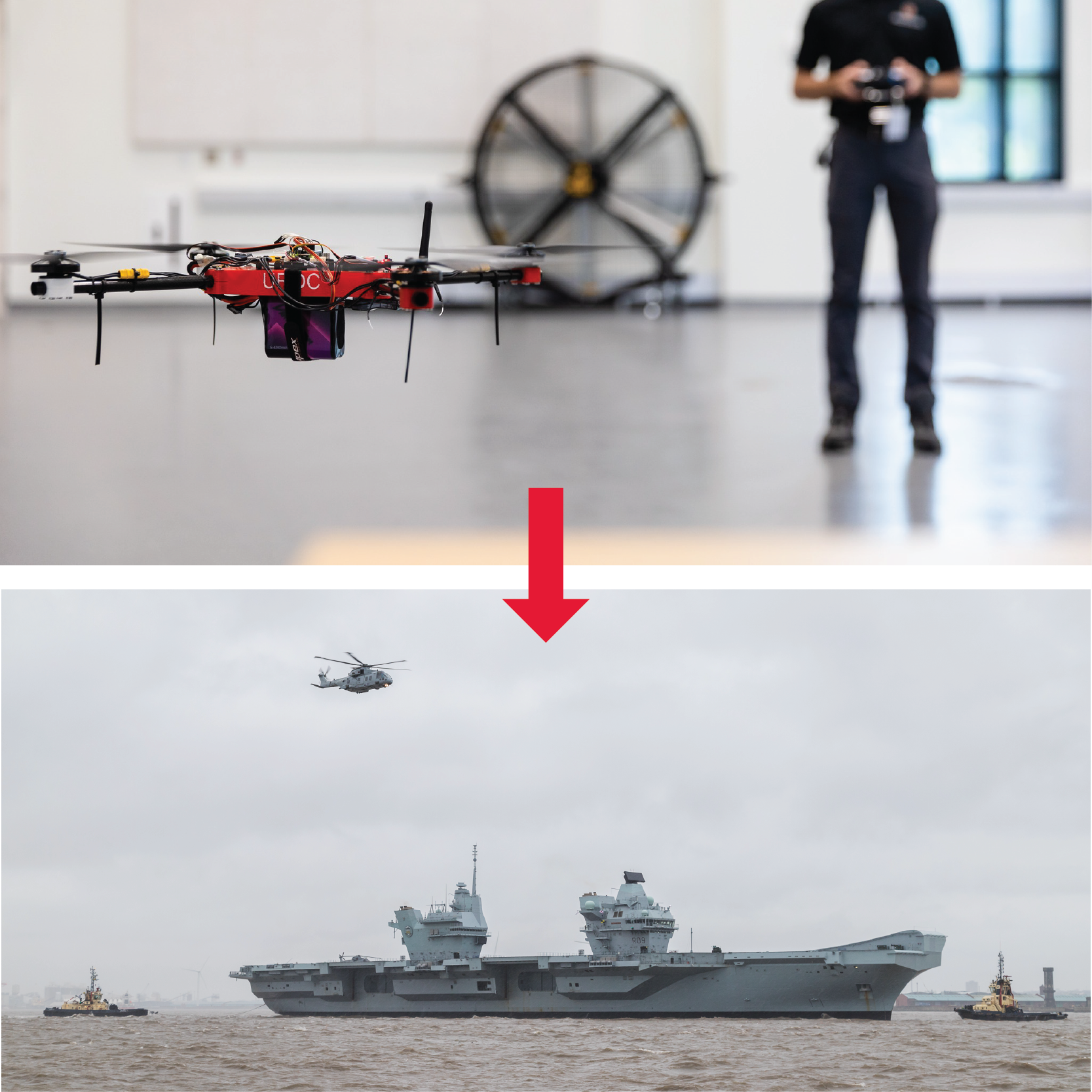|
The University of Maryland (UMD) MATRIX Lab has announced the winners of the UMD Clark School of Engineering’s FY26 seed grant program.
These projects will spark new collaborations and support innovative projects at UMD and the MATRIX Lab, and focus on the intersection of engineering, computer science, and human systems, especially in the fields of artificial intelligence and autonomy. UMD faculty were invited to apply.
“We are extremely excited about this opportunity to establish interdisciplinary, collaborative efforts among our university faculty and MATRIX Lab researchers in the area of Autonomy and Autonomous Systems,” said Dr. Reza Ghodssi, UMD Distinguished University Professor and MATRIX Lab Executive Director of Research and Innovation. “We are also grateful to the UMD Clark School of Engineering for their continued support of all of the MATRIX Lab’s research and education efforts. This is a strong start to promoting and supporting exploratory, impactful research initiatives in the MATRIX Lab that will only benefit our talented students and the society at large.”

Dr. Cecilia Huertas Cerdeira (left) and Dr. Miao Yu (right)
Award 1
Improving Underwater Navigation Using Artificial Whiskers
Principal Investigators: Dr. Cecilia Huertas Cerdeira (UMD), Dr. Miao Yu (UMD)
Collaborator: Dr. Wei-Kuo Yen (MATRIX)
Dr. Cecilia Huertas Cerdeira, Assistant Professor in the Department of Mechanical Engineering at UMD, and Dr. Miao Yu, Professor in the Department of Mechanical Engineering at UMD, plan to use their seed grant to improve uncrewed underwater vehicles (UUV) with nature-inspired ideas.

"Improving Underwater Navigation Using Artificial Whiskers" Figure 2: Experimental setup
They’ll collaborate with MATRIX Assistant Research Engineer Dr. Wei-Kuo Yen on an underwater sensor capable of detecting the presence of walls and other objects, even in complex spaces and murky waters. The proposed sensor is inspired by the highly sensitive whiskers of seals, which enable them to follow prey even in low-visibility conditions. Seal whiskers detect water movements and produce a signal, allowing the seal to navigate its environment. The UMD research team plans to apply that concept to a UUV sensor.
UUVs have revolutionized ocean exploration, providing an alternative to when using crewed vehicles is too dangerous or costly. But traditional sensing methods like cameras don’t operate as well in low light or cloudy water, and sonar suffers from low resolution. The lack of reliable sensing limits the ability of UUVs to effectively and safely navigate challenging spaces.

Dr. Pratap Tokekar (left) and Dr. Michael Otte (right)
Award 2
Robust Autonomous Control of Uncrewed Aerial Systems for Maritime Integration
Principal Investigators: Dr. Pratap Tokekar (UMD), Dr. Michael Otte (UMD)
Collaborator: Dr. Donald “Bucket” Costello (MATRIX)
Dr. Pratap Tokekar, Associate Professor in the Department of Computer Science at UMD, and Michael Otte, Assistant Professor in the Department of Aerospace Engineering at UMD, plan to use their seed grant to advance machine learning-enabled controllers for uncrewed aerial systems (UAS).

"Robust Autonomous Control of Uncrewed Aerial Systems for Maritime Integration" Figure 1: Full-scale testing will be done at the MATRIX's Open Air-Land Lab with drones and fans for creating wind disturbances (top). The ultimate goal is future maritime integration (bottom)
They’ll collaborate with MATRIX Director of Test and Evaluation of Autonomous Systems Dr. Donald “Bucket” Costello to enable UAS to autonomously land on moving ships under wind shear and dynamic disturbances, after the United States Navy’s announcement that it intends to dramatically increase the number of UAS in its inventory. Autonomous aviation has multiple benefits – it’s more cost-effective than crewed aviation and eliminates the risk of human error.
The layout of Naval ships makes landing on their flight decks challenging, a critical safety concern during the transition to autonomous landing. The UMD research team plans to develop and validate a machine-learning-enhanced, differentiable model predictive controller specifically designed to adapt to the changing wind conditions during landing.
Traditional model predictive controllers often struggle with the unpredictability of shipboard wind. This new method will allow for real-time disturbance estimation and compensation.
The MATRIX Lab appreciates the time, effort, and innovative thinking that went into all seed grant submissions and recognizes the strength of the application pool. The team invites researchers to reach out to discuss further opportunities with the lab and its partners by emailing matrix@umd.edu.
Related Articles:
Ghodssi Awarded Distinguished University Professor Title
Twelve University of Maryland Faculty Affiliate With MATRIX Lab
MATRIX Lab Hiring Research Development Director
Maryland Engineers Awarded Grants to Address Humanity's Grand Challenges
Clark School Faculty Receive CAREER Awards
UMD Engineering & HII Partner to Accelerate Defense Technologies
Maryland Engineers Recognized with UMD Faculty Honors
UMD's 40th Annual Convocation Honors Engineering Staff, Faculty
Dutt is PI on NSF-Funded Quantum Research Grant
Three UMD Faculty Elected to National Academy of Engineering
August 18, 2025
|